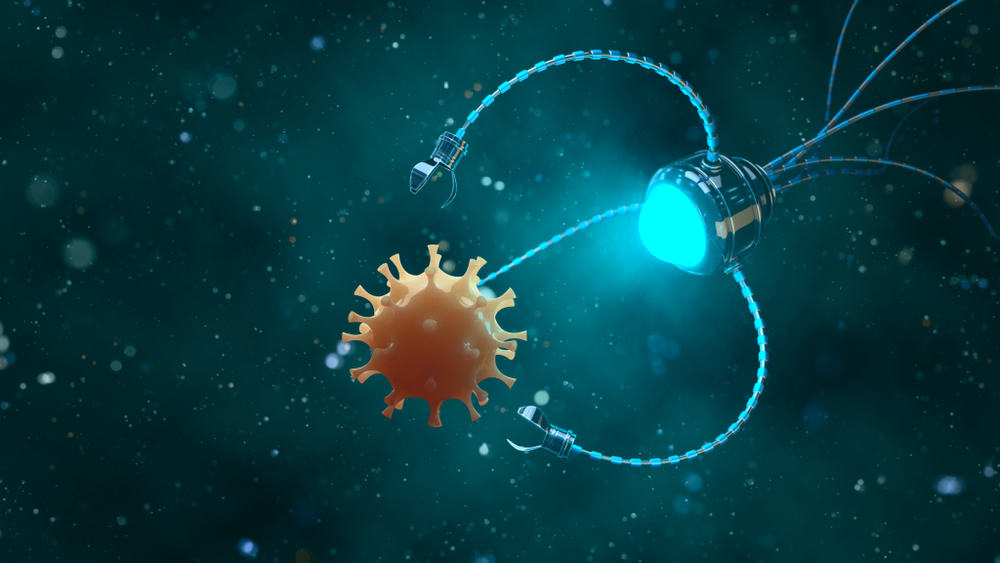In the last few years, there have been great advances in the field of Regenerative Medicine and Stem Cell Therapy. These treatments hold a great deal of promise for the treatment of a variety of orthopedic conditions. Most treatments are offered at your convenience in a medical clinic setting without the need for surgery.
What is Regenerative Medicine?
Regenerative medicine is a multi-disciplinary field that aims to restore damaged or diseased tissues by utilizing the body’s own natural healing process. By bringing together many different disciplines such as cellular biology, genetics, and tissue engineering, Regenerative Medicine has revolutionized the way physicians can treat orthopedic conditions. Stimulating our body’s natural ability to heal and promote tissue regeneration has replaced many traditional treatment options such as steroid injections or surgery.
Stem Cell Therapy
According to the International Society for Stem Cell Research’s (ISSCR) president, Douglas Melton, “Stem cell science is rapidly transforming how we think about the future of medicine. The field is actively working to address how we facilitate getting potential therapies from the lab to the clinic.”
Stem cells have the ability to develop into many different types of cells in the body, which is why stem cell therapy is important in the field of regenerative medicine. There is constant advancement of research in the use of stem cell for replacement of damaged tissue or transplants, drug testing and development and regenerative medicine.
How are Stem Cell Therapy and Regenerative Medicine Related?
There is a direct connection to stem cell therapy and the practice of Regenerative Medicine which harnesses the body’s ability to heal itself and regrow tissues. The different types of stem cells, namely embryonic, adult, and induced pluripotent stem cells, are used in the field of developmental biology to study how cells behave. Stem cells are also used to test new to drugs for the treatment of various diseases and medical conditions. In the field of orthopedics, adult stem cells play a crucial role in the cell-based therapies used to treat orthopedic injuries such as knee osteoarthritis.
What Orthopedic Conditions Can Be Treated with Cell-Based Therapies?
- Knee pain due to osteoarthritis or meniscus tears
- Shoulder pain due to rotator cuff tendon tears or tendinitis
- Carpal Tunnel Syndrome
- Golfer’s Elbow and Tennis Elbow
- Sciatica
- Chronic ankle ligament sprains
- Low back pain due to disc degeneration or sacroiliac joint ligament injury
Regenerative medicine has entered the world of clinical practice thanks to quickly evolving technology and advancements in the understanding of how stem cells work in the body. As research continues, the field of Regenerative Medicine and stem cell therapy will continue to grow, providing doctors and their patients the ability to treat many conditions that were previously untreatable.
REFERENCES:
UNMC: Stem Cells and Regenerative Medicine
International Society of Stem Cell Research: Stem Cell Therapies and Regenerative Medicine
